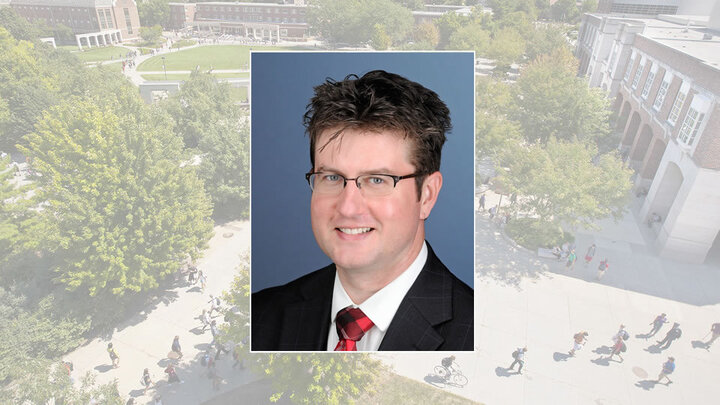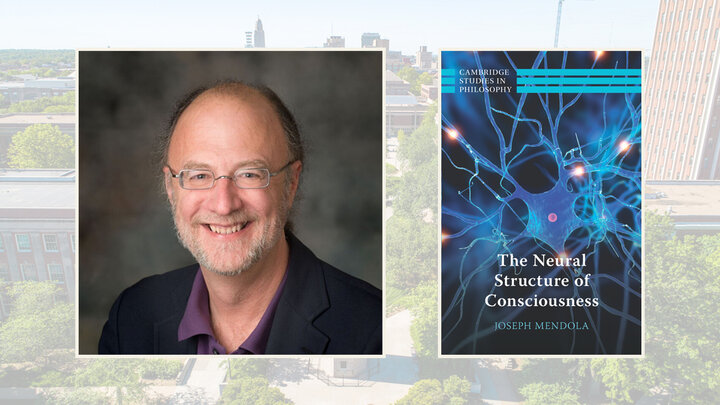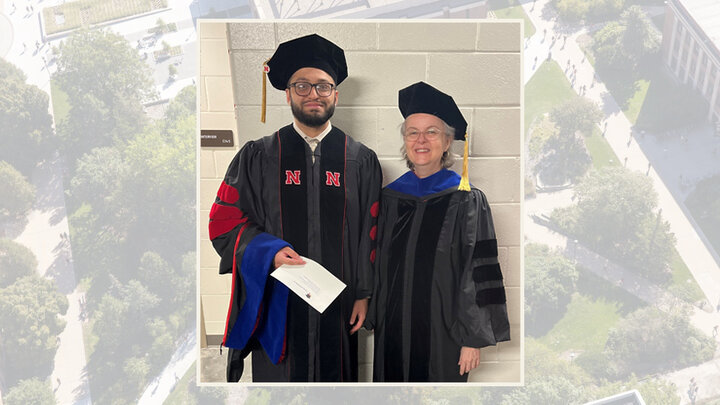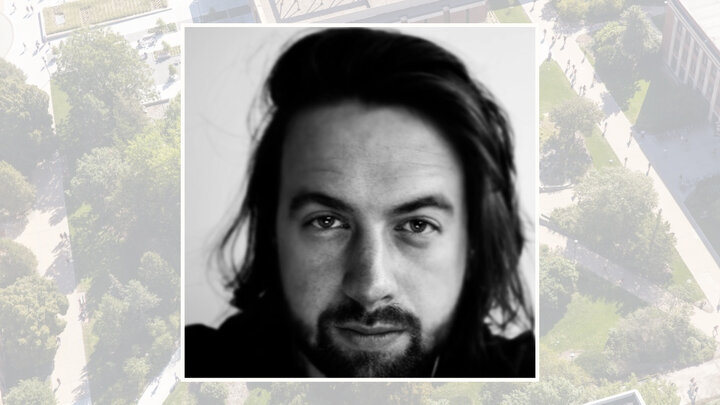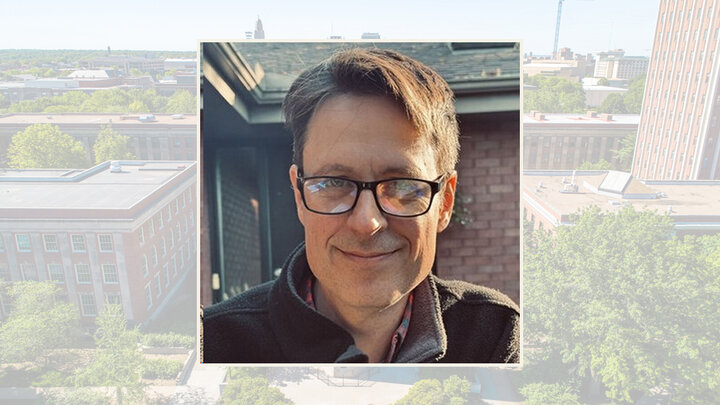2005 graduate
Associate Professor of Philosophy at Purdue University
Majors: Computer science, mathematics, philosophy, and psychology
What sparked your interest in your major(s) or area(s) of study?
I was lucky enough in high school to be exposed to computer science and psychology, and I enjoyed math. We didn't have philosophy, but I had an amazing math teacher, Mr. Biga, who made us write papers(!) on what makes a line a line, or what exponential growth is. It was the first time I was asked to think hard about something so abstract, but also (seemingly) so obvious.
What is the value of your areas of study?
I'll focus on philosophy, since that's what I'm now a professor of! The philosopher Wittgenstein said this about philosophy:
"The object of philosophy is the logical clarification of thoughts. Philosophy is not a theory but an activity. A philosophical work consists essentially of elucidations. The result of philosophy is not a number of "philosophical propositions", but to make propositions clear. Philosophy should make clear and delimit sharply the thoughts which otherwise are, as it were, opaque and blurred."
How did you get to where you are now in your career and how did your education help?
I was originally interested in cognitive science and artificial intelligence, so I started at UNL as a computer science and psychology double-major. The more I learned about trying to understand and build minds, the more I realized that a lot of the questions most interesting to me were actually philosophical ones. So I added philosophy as a third major. A lot of interesting work was happening in neural networks at the time, and philosophers were taking notice. I wanted to make sure I could understand the technical details, so I kept up with computer science, and added a math major, too.
After college, I spent two years working in a cognitive neuroscience lab, scanning brains and helping to run experiments. I realized that, although I loved learning and thinking about science, I should leave it to others to actually do it. So I went to graduate school for a Ph.D. in philosophy in the Logic and Philosophy of Science track at Princeton University.
Now, I work on philosophical questions at the intersection of psychology, neuroscience, and computation, and really everything I did as an undergraduate bears on this research. More than anything, my time at UNL began my training in learning how to learn, which is an essential skill for any professor, and just generally valuable for living a good life.
Were there any other experiences from your time at UNL that helped you get to where you are now?
I had a number of phenomenal professors who went out of their way to talk to and work with me. Luckily, I wasn't shy about just showing up to their offices to chat about things I was thinking about, and they were patient enough to help me learn more than just what was being taught in class. In particular, Stephen Scott and Charles Riedesel in computer science, Rick Bevins in psychology, John Meakin in math, Joe Mendola, Ed Becker, Barbara Von Eckardt, Jeff Poland, and David Pitt in philosophy, were all really generous with their time and mentorship.
I would tell any student that UNL is a fantastic place to be. I'm glad to have spent my undergraduate years there.
